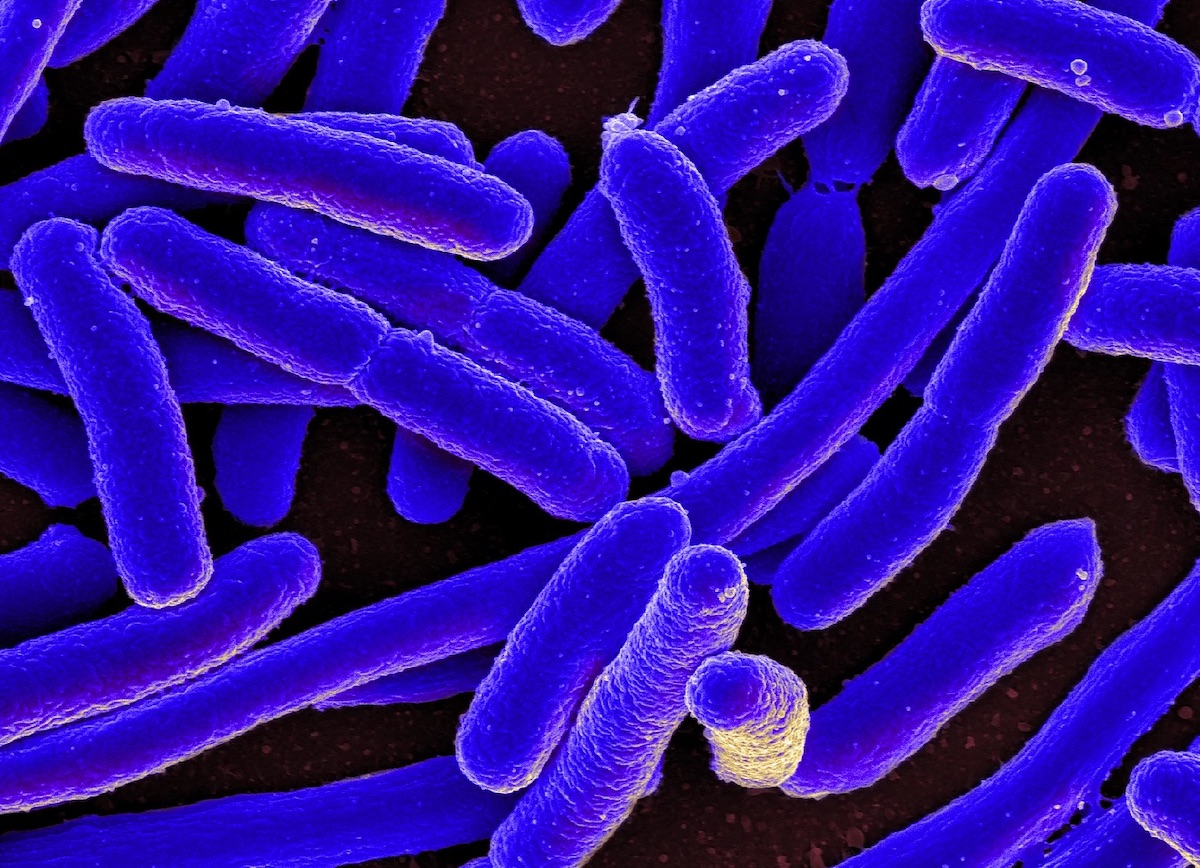
Our gut is home to millions of good bacteria that live in harmony with us in a symbiotic relationship meaning that we depend on each other for survival.
This bacterial ecosystem (microbiome) is established at birth and beyond. Millions of bacteria reside in the mother’s vaginal canal. The first introduction we have to this bacteria is during childbirth, when the baby obtains bacteria through its mouth as it passes through this canal. The second phase of bacteria colonisation is through the mother’s milk. Breast milk contains many lactic acid producing bacteria (probiotics) that help the baby fight infection and develop a healthy immune system. 80% of your immune system is located in your gut so it is important to colonise it with commensal bacteria from the word push!
We then go through life picking up different species of beneficial bacteria from various sources such as soil, animals, foods etc further evolving the diversity of our microbiome. Each species has a different role to play in protecting us. The greater the diversity the healthier we are and more equipped we are to fight off foreign invaders.
If we come into contact with pathogenic bacteria (the bad guys), our microbiome (the good guys) can sometimes overrule it, however, this is not always the case and medication is required in such instances – hello antibiotics! It was around the time of World War II when antibiotics were first administered and post 1945 was known as the era of antibiotics with penicillin being nicknamed the ‘wonder drug’.
So back to my question, why is gut health more important now than ever before?
- The rise in antibiotic usage without the use of probiotics has detrimental effects on our gut health. Antibiotics strip our gut of good bacteria as well as weakening our immune system.
- We are seeing an increase in caesarean sections and bottle fed babies. Obviously, there are times when a C-section is essential as well as when formula milk is too. In such scenario’s it is important to support the development of the gut microbiome through probitotic rich formaula milk or probiotics supplements.
- Mental health issues such as stress, anxiety and depression are more common than ever before. This could be for a number of reasons one of them being the faster paced lives that we lead and modern day society as a whole, so the focus should be placed on supporting ourselves during such stressful times . 90% or our serotonin (happy hormone) is made in the gut and therefore optimal gut health is vital for managing a healthy and happy mental state. With mental health issues on the rise it is more important than ever to look at our gut health as a piece in the jigsaw puzzle when it comes to supporting mental health issues.
- We are seeing an increase in allergies and intolerances. Our good bacteria produce something called butyric acid which is essential for maintaining the integrity of the intestinal wall to ensure that nothing passes into our bloodstream that shouldn’t such as toxins, viruses, bacteria and undigested foods. If our intestinal lining is impaired these particles can enter our bloodstream and are flagged as foreign causing an immune reaction, inflammation and allergic reactions. This may manifest itself in the form of eczema, asthma, hayfever, psoriasis, inflammation or another undesired symptom.
- Increase in processed foods and sugars and a decrease in fibre. Convenience and processed foods are everywhere. Our good bacteria feed off fibre whereas our bad bacteria feed off sugar. Say no more!
- Pesticides and herbicides on vegetables. Good bacteria reside on the vegetables but through overuse of pesticides and herbicides these bacteria are killed off. Eat organic or locally sourced vegetables that haven’t been sprayed. The pesticides can also interfere with our microbiome and are toxic to our body, burdening the liver.
- We are overly cleanly these days. Over-cleanliness through disinfecting everything damages our microbiome. Feel at ease to let your children play around in the mud as this is how they will greater diversify their good bacteria, and their immune system will be stronger. It is often the overly clean children that aren’t allowed to get dirty that suffer the most with weaker immune systems.
How to improve your gut health?
Well, a stool test is a good place to start as this identifies exactly what is going on in your gut. For example, if you have any bad bacteria or parasites residing in there that need eradicating as well as a whole host of other markers such as digestion, absorption, inflammation, immunology, commensal bacteria, short chain fatty acids and fat absorption.
Eat/drink fermented foods/drinks – these are full of good bacteria and the best way to diversify your microbiome. I hold regular workshops to teach you how to make your own.
Get dirty or get a dog! Dogs increase our good bacteria.
Reduce sugar and processed food intake. Try batch cooking so you always have something in the freezer.
Increase your fibre intake. The best way to do this is to eat lots of fruit and vegetables. They contain the food (prebiotics) for your good bacteria.
Eat local or organic foods that are not sprayed with chemicals.
Only use antibiotics when they are essential and follow with a probiotic supplement.
LOOK AFTER YOUR MICROBIOME AND IT WILL LOOK AFTER YOU!
For more information please email me naomi@gutnutrition.co.uk
